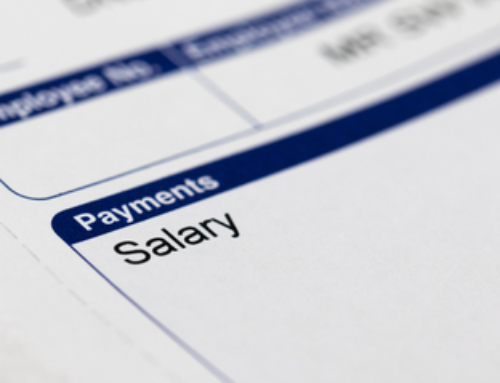Going through redundancy can be a worrying time, and unfortunately more and more people will be experiencing this in the coming months. When faced with the prospect, it is helpful to know your rights so that you can approach the process knowing what should happen and when. Here’s everything you need to know.
What Is Redundancy?
Redundancy is a type of dismissal from your job. It happens when your employer needs to reduce its workforce, and is not the same as being sacked. You have redundancy rights if you are legally classed as an employee, and you have worked for your employer for 2 or more years.
Your Redundancy Rights Under Employment Law…
You have several redundancy rights. Firstly, you must have been chosen fairly. This means that you can’t have been chosen because you are pregnant, you have been a whistleblower, you are a member of a trade union, you have asked for holiday or because of your age or gender.
In addition, you need to be given notice. This is at least a week if you have been employed between one month and two years, one week’s notice for each year if you have been employed between two and 12 years, and 12 weeks’ notice if you have been employed for 12 years or more.
If you have worked for your employer for two years or more, you have the right to redundancy pay. You can find out the statutory minimum amounts here, but your employment contract may have a more generous amount.
Finding Another Job
During your notice period, you are entitled (if you have worked for your employer for two years or more) to time off to attend interviews. You are able to take 40% of your working week off for interviews, and you will be paid for this time. If you need more time, you can take it but your employer does not have to pay you.
Furloughed? You Still Have Redundancy Rights
Your redundancy rights under employment law aren’t affected by furlough – you still have the same rights to fairness and notice, for example. Likewise, if your hours are reduced by future schemes you will still have rights. Your redundancy pay must be based on your normal wage, not your reduced wage.
If Your Employer Doesn’t Recognise Your Rights…
If you believe that your employer hasn’t acted fairly, you can appeal the decision. This involves talking to your employer first. If the dispute isn’t settled at this stage, you can take your case to an employment tribunal. You don’t need to do this alone – at any point, you can contact a solicitor for help and advice. They will be able to let you know whether your redundancy is likely to have been unfair, and can help you at each step of the process.
At Beeston Shenton, our employment law team understands how important it is to have someone on your side to make sure your rights are looked after. You can contact our friendly Newcastle-under-Lyme team here.




